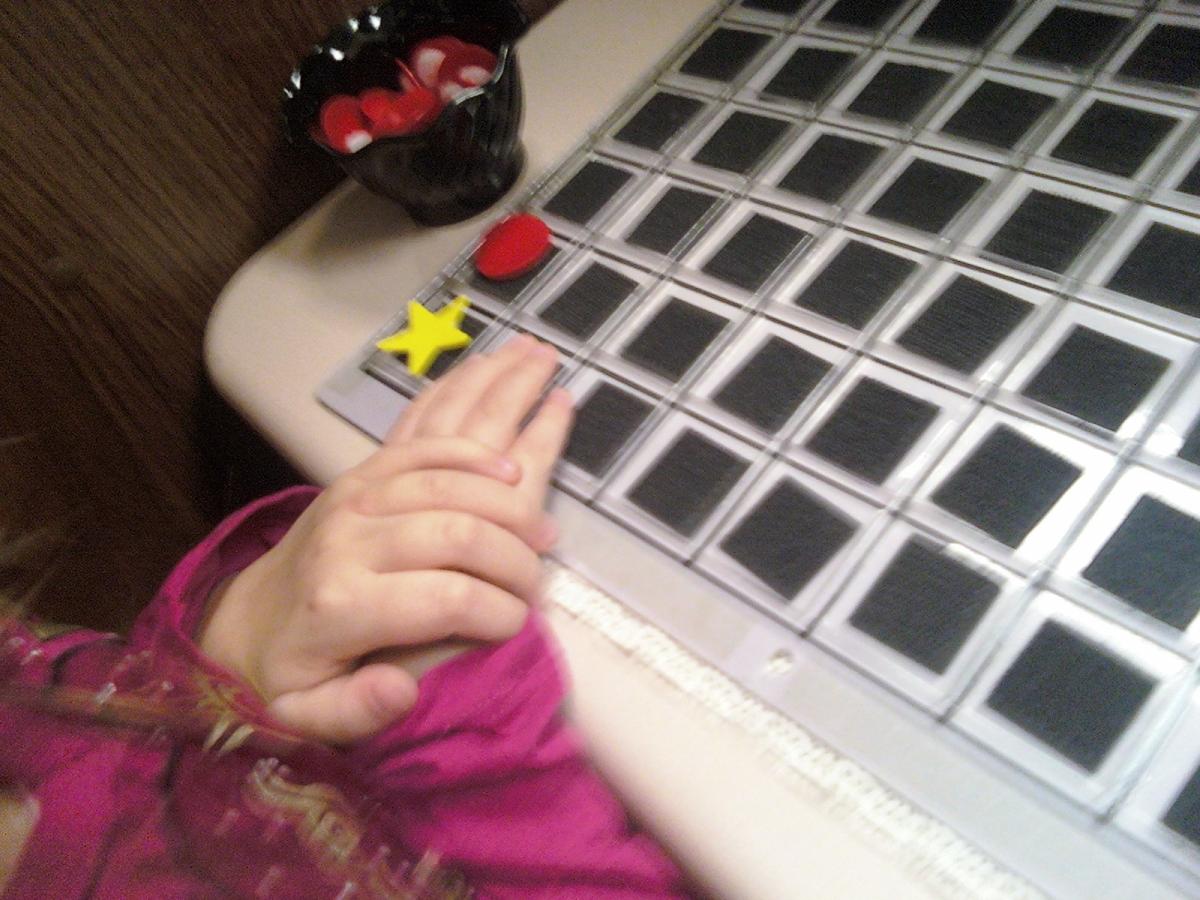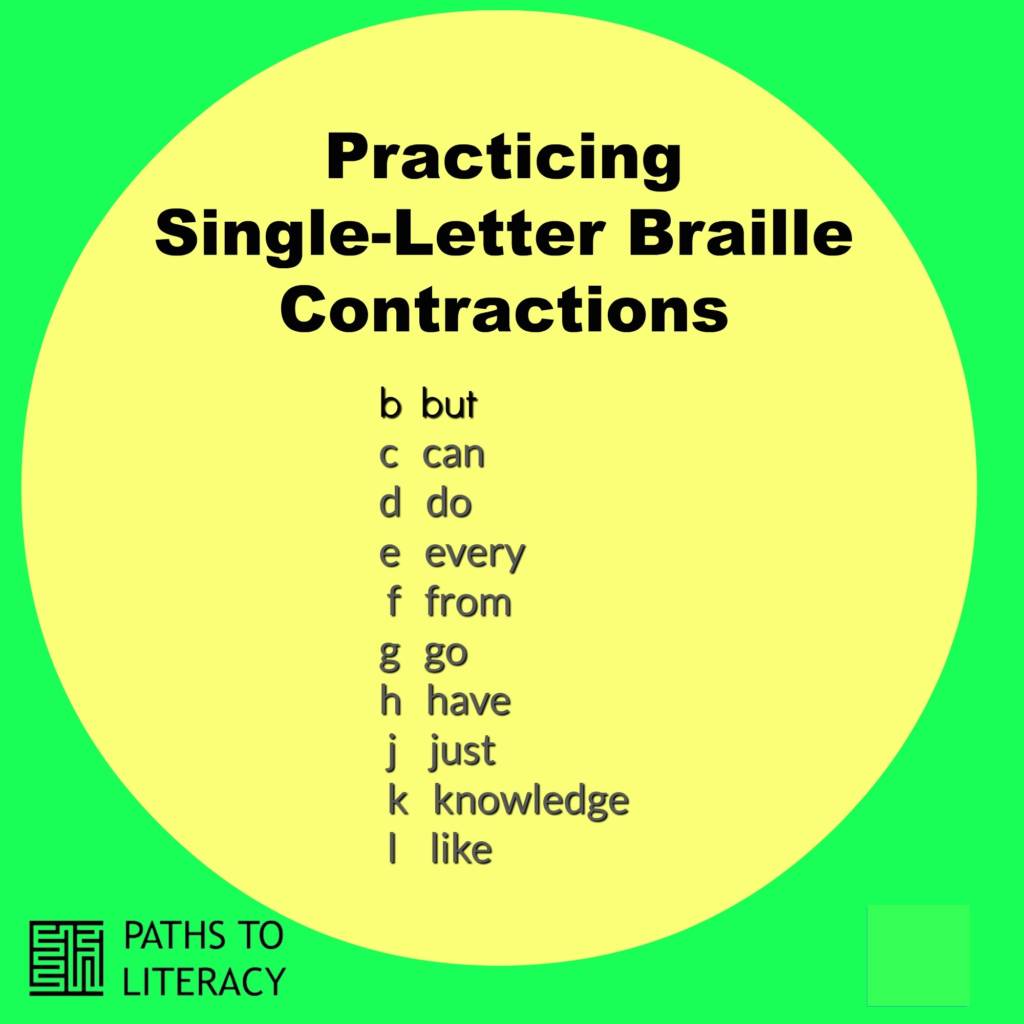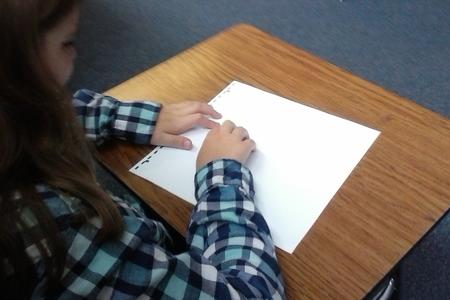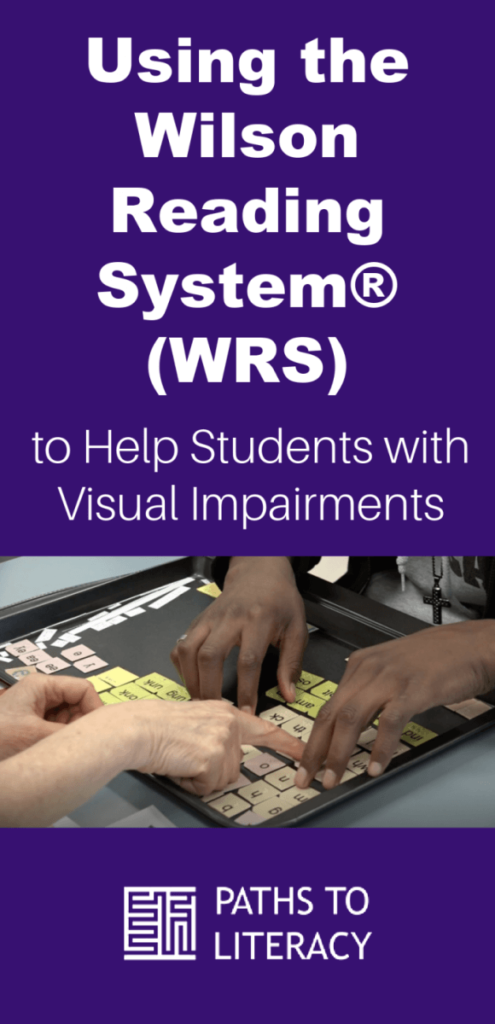by Marnee Loftin and Cyral Miller, TSBVI
Handouts from the presentation “Students with Visual Impairments and Learning Disabilities”
Possible Learning Disabilities in Basic Reading
- Difficulty in recognizing words out of context
- Confusion of words with similar letters/sounds such a “pin” and “pen”
- Difficulty in reading similar words, often substituting another such as reading “on” for “no”
- Problems with word-finding tasks
- Problems with blending sounds
- Problems with phoneme awareness
- Problems with segmenting words into different sounds
- Problems with decoding nonsense words according to phonetic rules
- Reversals or inversions of letters
Possible Learning Disabilities in Comprehension
- Difficulty in determining relevant information
- Little or no interest in reading for leisure
- Difficulty with inferential questions
- Difficulty with predicting
Possible Learning Disabilities in Written Expression
- Handwriting is poor in relationship to predicted quality
- Spelling that is incorrect and inconsistent within single bodies of writing
- Overall quality of writing is far below that of expressive language both in vocabulary and content
Possible Learning Disabilities in Math Calculation
- Difficulty processing language of mathematics
- Trouble retaining math facts
- Trouble keeping procedures in proper order (sequencing)
- Poor mental math abilities
- Difficulty keeping score when playing games
- Inability to estimate in activities such as numeration of objects, cost of items, etc.
- Slow to develop counting and math problem-solving skills
- Difficulty recalling numbers in sequence
Possible Learning Disabilities in Math Reasoning
- Difficulty reading numbers/symbolic representations
- Frustration with specific computation and organizational skills
- Trouble with time concepts (remembering schedules, estimating how long an activity will take)
- Visual-spatial confusion in a variety of tasks
- Difficulty identifying patterns as well as relating this to specific tasks such as sorting or categorizing
- Poor sense of direction
- Poor long-term memory of concepts that results in inconsistent performance of even basic operations
- Difficulty playing strategy games like chess
Possible Auditory Processing Problems
- Appears to have a selective hearing loss
- Short attention span
- Trouble remembering facts
- Frequently asks to have things repeated
- Confuses the sequence of words, sounds or task presented orally
- Trouble distinguishing one sound from another
- Has difficulty recognizing a word when only part is given
- Does not seem to gain meaning from oral information
- Difficulty in hearing relations between sounds and words




